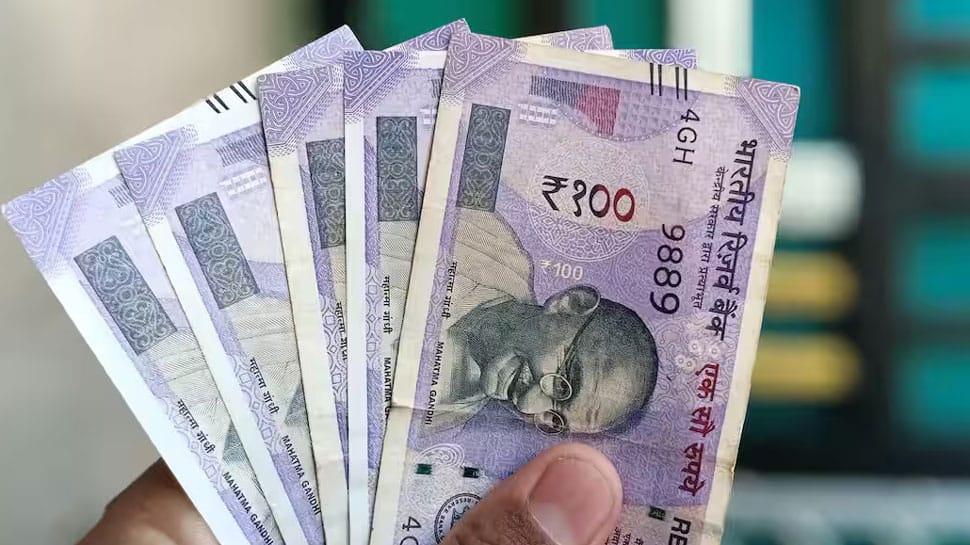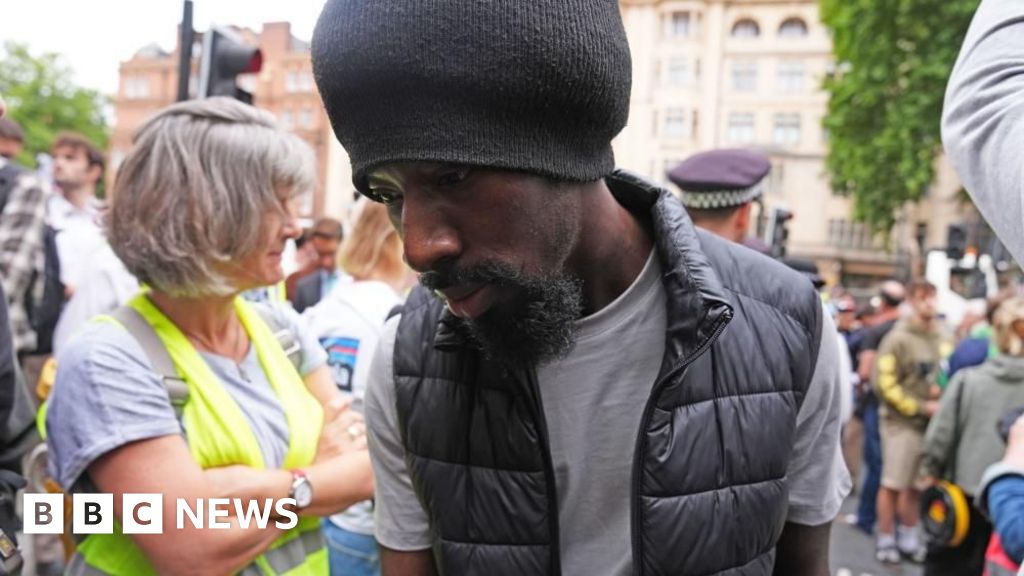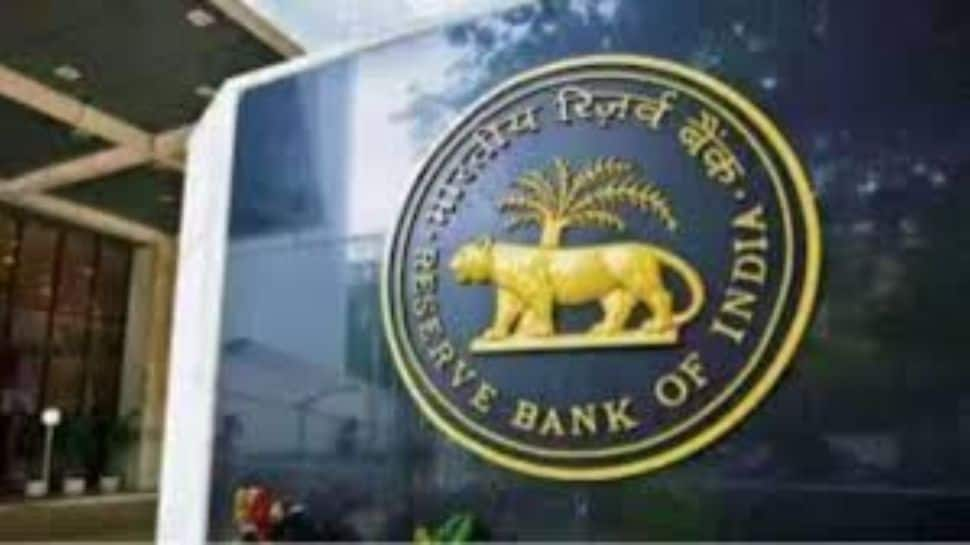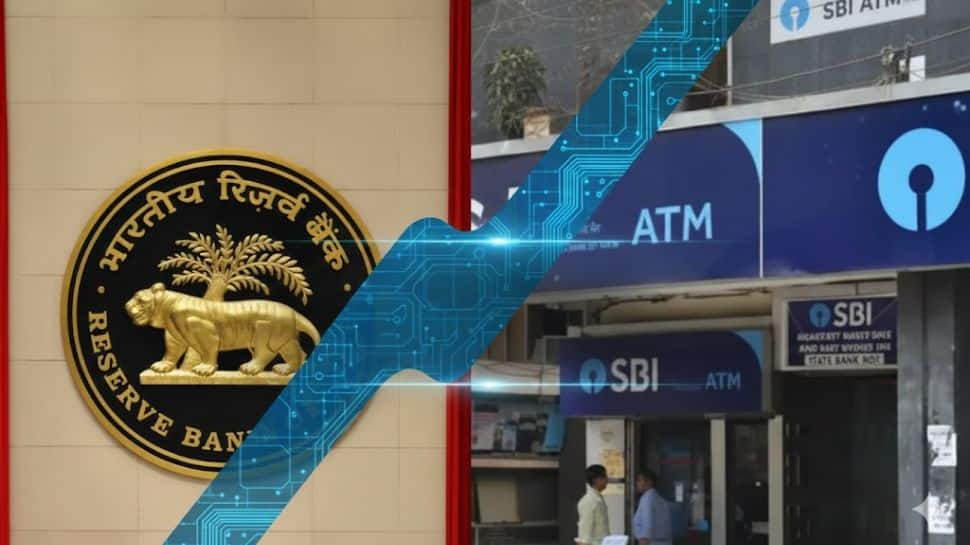Business
Bank Lending Rates Dip In July On The Back Of RBI Rate Cuts

Mumbai: Softer lending rates in the Indian economy due to the transmission of the RBI’s repo rate cuts to other rates, such as bank lending rates and deposit rates, continued in July, leading to an improvement in financial conditions during the month, according to a report released on Wednesday.
Key bank lending rates, such as the one-year marginal cost of funds-based lending rate (MCLR) and auto loan rate, eased 15 bps to 8.75 per cent and 7 bps, respectively to 9.19 per cent, while deposit rates eased 3 bps to 6.37 per cent during the month making it cheaper for banks to raise funds, the Crisil Research report said.
The weighted average lending rate (WALR) on fresh rupee loans has eased sharply as well. As per the latest available data, the WALR eased 58 bps on-month to 8.62 per cent in June, the lowest since October 2022.
The surplus in systemic liquidity also inched up in July, led by increased government spending and a decline in currency in circulation, pulling down money market rates further.
The RBI’s Monetary Policy Committee (MPC) reduced the policy rate by 100 basis points (bps) between February and June. As lending rates eased, bank credit growth improved, but remained weaker than in the January-March quarter.
Bank credit growth has improved in the past two months now. Sectoral data, available till June, indicates credit growth picked up in the personal loans, services and industry segments.
However, concerns about US tariffs weighed on markets ahead of the August 1 deadline, with equity markets ending July lower than June. Foreign portfolio investors (FPIs) were net sellers of equities.
The 10-year government security (G-sec) yield saw an uptick towards the end of the month, driven by mild FPI outflows in debt in the second half of the month. The yield rose in June and July despite rate cuts, leading to a sharp rise in the term premium.
For the fourth straight month, systemic liquidity remained in surplus, which widened a tad in July compared with June. The RBI net absorbed Rs 3 lakh crore in July, slightly higher than the Rs 2.7 lakh crore in June. The higher surplus was supported by an increase in government spending and a decline in currency in circulation, the report said.
Another positive for the economy was that crude oil prices remained broadly stable at $71 per barrel from $71.5 amid the Organisation of the Petroleum Exporting Countries and allies increasing oil output, the report added.
Business
Govt keeps petrol, diesel prices unchanged for coming fortnight – SUCH TV

The government on Thursday kept petrol and high-speed diesel (HSD) prices unchanged at Rs253.17 per litre and Rs257.08 per litre respectively, for the coming fortnight, starting from January 16.
This decision was notified in a press release issued by the Petroleum Division.
Earlier, it was expected that the prices of all petroleum products would go down by up to Rs4.50 per litre (over 1pc each) today in view of variation in the international market.
Petrol is primarily used in private transport, small vehicles, rickshaws, and two-wheelers, and directly impacts the budgets of the middle and lower-middle classes.
Meanwhile, most of the transport sector runs on HSD. Its price is considered inflationary, as it is mostly used in heavy transport vehicles, trains, and agricultural engines such as trucks, buses, tractors, tube wells, and threshers, and particularly adds to the prices of vegetables and other eatables.
The government is currently charging about Rs100 per litre on petrol and about Rs97 per litre on diesel.
Business
Serial rail fare evader faces jail over 112 unpaid tickets

One of Britain’s most prolific rail fare dodgers could face jail after admitting dozens of travel offences.
Charles Brohiri, 29, pleaded guilty to travelling without buying a ticket a total of 112 times over a two-year period, Westminster Magistrates’ Court heard.
He could be ordered to pay more than £18,000 in unpaid fares and legal costs, the court was told.
He will be sentenced next month.
District Judge Nina Tempia warned Brohiri “could face a custodial sentence because of the number of offences he has committed”.
He pleaded guilty to 76 offences on Thursday.
It came after he was convicted in his absence of 36 charges at a previous hearing.
During Thursday’s hearing, Judge Tempia dismissed a bid by Brohiri’s lawyers to have the 36 convictions overturned.
They had argued the prosecutions were unlawful because they had not been brought by a qualified legal professional.
But Judge Tempia rejected the argument, saying there had been “no abuse of this court’s process”.
Business
JSW Likely To Launch Jetour T2 SUV In India This Year: Reports

JSW Jetour T2 Launch: JSW Motors Limited, the passenger vehicle arm of the JSW Group, is reportedly preparing to enter the Indian car market this year. It has partnered with Jetour, a China-based automotive brand owned by Chery Automobile, and the Jetour T2 SUV could be the company’s first product, according to the reports.
Media reports suggest that the launch will happen independently and not under the JSW MG Motor India joint venture. The SUV will wear a JSW badge and name, instead of the Jetour branding. The upcoming SUV will be assembled at JSW’s upcoming greenfield manufacturing facility in Chhatrapati Sambhaji Nagar, Maharashtra.
According to the reports, the company plans to have the vehicle on sale by the third quarter of this year. With this move, JSW aims to establish itself as a standalone carmaker in India.
Expected Powertrain
The SUV is likely to arrive with a 1.5-litre plug-in hybrid setup. Internationally, this hybrid powertrain is offered with both front-wheel drive and all-wheel drive options. It is still unclear which version will be introduced in India.
Design
In terms of design, the T2 is a large and rugged-looking SUV. It has a boxy and upright stance, similar to vehicles like the Land Rover Defender. Despite its tough appearance, it uses a monocoque chassis instead of a ladder-frame construction.
Size
The SUV measures around 4.7 metres in length and nearly 2 metres in width. This makes it larger than the Tata Safari, even though it is a five-seater. A longer 7-seat version is also sold in some markets.
Price
Pricing details for India are yet to be announced. For reference, the front-wheel-drive five-seat T2 i-DM is priced at AED 1,44,000 (around Rs 35 lakh) in the UAE.
Jetour
Jetour is a brand owned by Chinese automaker Chery. Launched in 2018, it focuses mainly on SUVs and is present in markets across China, the Middle East, Africa, Southeast Asia and Latin America.
-

 Politics1 week ago
Politics1 week agoUK says provided assistance in US-led tanker seizure
-

 Entertainment1 week ago
Entertainment1 week agoDoes new US food pyramid put too much steak on your plate?
-

 Entertainment1 week ago
Entertainment1 week agoWhy did Nick Reiner’s lawyer Alan Jackson withdraw from case?
-

 Business1 week ago
Business1 week agoTrump moves to ban home purchases by institutional investors
-

 Sports5 days ago
Sports5 days agoClock is ticking for Frank at Spurs, with dwindling evidence he deserves extra time
-

 Sports1 week ago
Sports1 week agoPGA of America CEO steps down after one year to take care of mother and mother-in-law
-

 Business1 week ago
Business1 week agoBulls dominate as KSE-100 breaks past 186,000 mark – SUCH TV
-
Sports6 days ago
Commanders go young, promote David Blough to be offensive coordinator












